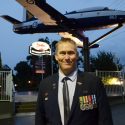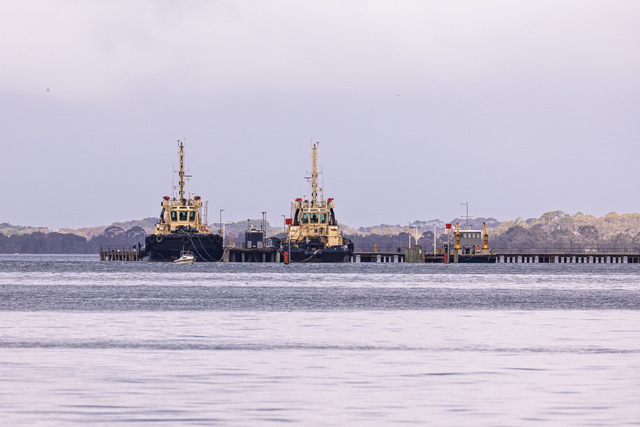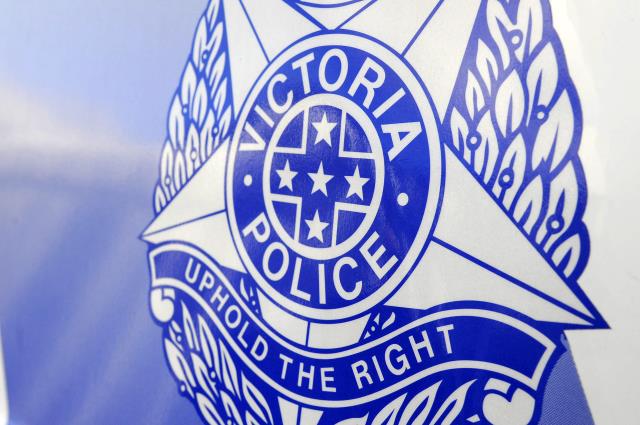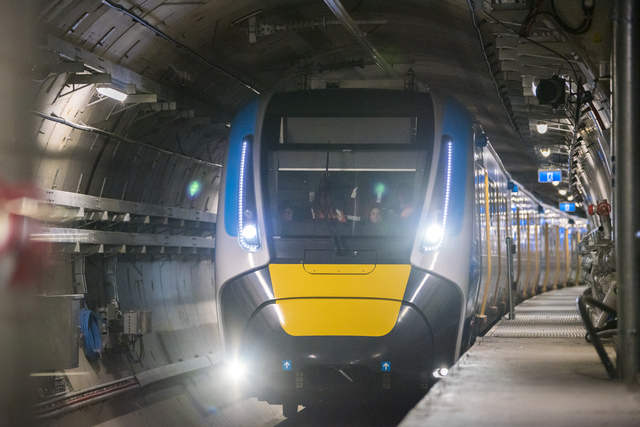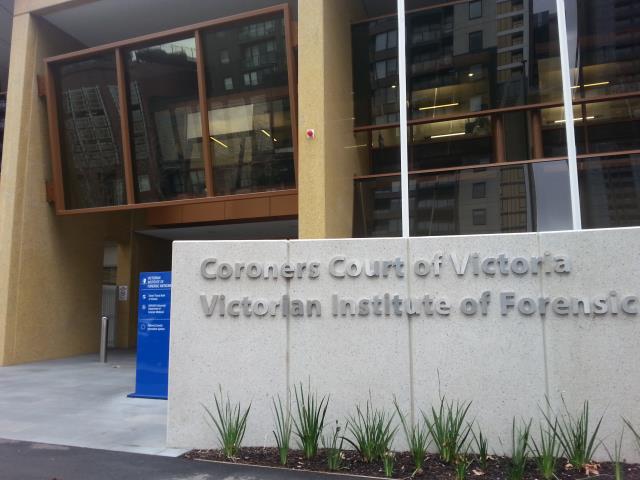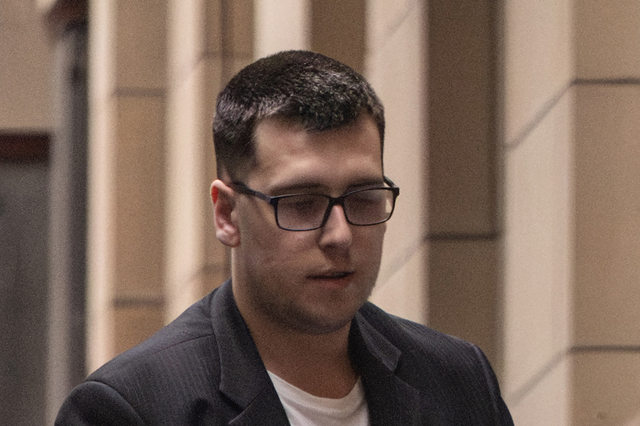By Victoria Stone-Meadows
A former Cranbourne resident and ex-serviceman has called for changes to the way we remember and support our returned defence force personnel.
Sean Mulqueen grew up in Cranbourne and was sent on a tour of duty in Afghanistan in 2010 where he was injured by an improvised explosive device.
Mr Mulqueen was in Afghanistan for seven months before he was returned home and found the transition back to civilian life to be a struggle.
“When I returned home I was at a bit of a loss; I suffered from my injuries that have left both physical and mental scars,” he said.
“As much as the system tried to help, it had a lot of gaps.”
It was through learning from his own experiences that Mr Mulqueen started dedicating his time to helping other returned service people find meaning in their lives again.
“I got involved with a couple of blokes call Brett and Rupert from Brisbane, and we put some initiatives together getting returned vets into work programs like painting and yard work and things like that.”
Mr Mulqueen has also been involved in numerous fund-raising and awareness raising events to help families who have lost members at war and help returned soldiers back to civilian life.
However, Mr Mulqueen would like to see the way Australian veterans are supported by government and community improved overall.
“While we are lucky we have process at all, it is outdated,” he said.
“The Department of Veterans Affairs is considering changes at the moment, but it needs to be done now because it’s already a bit late for the lot of the Afghanistan campaign.”
Mr Mulqueen said through his experiences and the experiences of the other modern vets he had worked with, there must be more support from the ADF and the government.
He also said organisations like the RSL and Legacy had a part to play in improving the lives of younger veterans and can begin with shifting some of the focus of days like Anzac Day.
“The most important part of the day is the dawn service because it pays respects ot the fallen of any campaign, but after that you can turn into the day,” he said.
“Dawn should never change but the RSL and other organisations need to recognise the struggles of younger vets, and there needs to be changes or they need to get more involved with contemporary vets.”
“The main thing we have learned is people should try to make it a fun environment; it is so sombre with so much sadness, but modern vets want to have the happiness we got out of it and remember the guys we lost.”
“We would feel more included with a happy celebration not just a sombre remembrance.”

